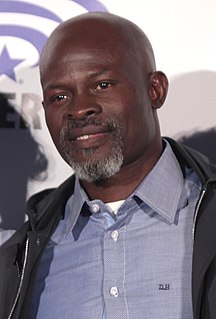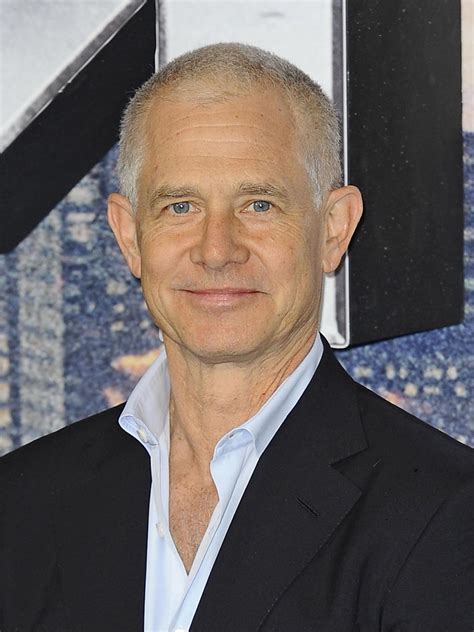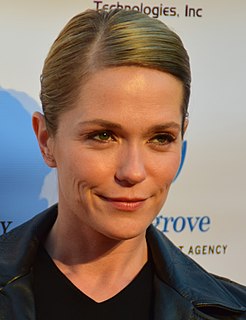A Quote by Joss Whedon
I think Spider-Man [film], the first one particularly, really figured out the formula of, "Oh, tell the story that they told in the comic. It was compelling. That's why it's iconic."
Related Quotes
Marvel has this tradition, and I think that Sony has this tradition too, of hiring directors for Spider-Man who are dramatic directors. That are directors who are interested in human beings, in characters, in drama, and who are really good with actors. That kind of feels like a Spider-Man director to me. And because Spider-Man is always as big as the films that are being made at Marvel, it always is character and story. You can never take that out.
You have to do three things really well to make a successful film. You have to tell a compelling story that has a story that is unpredictable, that keeps people on the edge of their seat where they can't wait to see what happens next. You then populate that story with really memorable and appealing characters. And then, you put that story and those characters in a believable world, not realistic but believable for the story that you're telling.
I didn't know why I was coming to this room. Someone just told me to go to Sam Raimi's office. I knew that I uniquely had the comics version of his job, which was to take Spider-Man and put him into the modern day. But I thought, "Maybe he wants to tell me to cut it out." So I come in, it's in his office, and then Stan Lee comes in, and I'd only ever met Stan as a fan, not as a professional. And then they sit us down on a couch, and roll in an AV cart with a TV on it and go, "We're going to show you the first cut of Spider-Man."
I wanna begin saying a story about my son. I have a four-year old son who loves superheroes from Spider-Man to Iron Man to Batman. He's got all the costumes. One day he looks at me and says 'Dad, I want to be light-skinned so I could be Spider-Man. Spider-Man has light skin.' That was sort of a shock. This is why I am excited to be a part of the Marvel Universe, so I could be hopefully provide that diversity in the role of the superhero.
It's one of the reasons why Spider-Man: Homecoming is so exciting. Because it's a new genre for us, a new character, the first time that Spider-Man is in our cinematic universe and you can see what he was meant to be in the comics. He's such a young teenager in comparison to these other heroes. But I think, because we're film fans who go and see everything, it's much more natural that you're inspired by other work. And then of course that influences your work, and the way you make films.
When I make film music, I'm a filmmaker first and foremost. It's about serving the needs of the film. You're telling a story; in a way, you stop becoming a composer and become a storyteller instead. You tell the story with the most appropriate themes. How you approach these things is a very personal matter, but your goal is to tell the story first.
"March" was inspired by "Martin Luther King and the Montgomery Story." I actually first heard about that comic from John Lewis, who told me that it played an important role in the movement. And so once he told me about that, it made me start thinking, "Well, why doesn't John Lewis write his own comic book?".
Vera said: 'Why do you feel you have to turn everything into a story?' So I told her why: Because if I tell the story, I control the version. Because if I tell the story, I can make you laugh, and I would rather have you laugh at me than feel sorry for me. Because if I tell the story, it doesn't hurt as much. Because if I tell the story, I can get on with it.
There's just nothing funnier or crazier than that - doing your Broadway debut as Spider-Man in 'Spider-Man' the musical. It was, like, the last thing I could have ever possibly imagined happening. I mean, I would tell people I was playing Spider-Man, and people would just break out laughing because it was so ridiculous!
I think the key for us is really letting the stories we feel are best told to kind of dictate where we go. When we find a story we really believe is one that should be told, how do we best tell it and you know what do we need to tell that story most effectively? I think to the good, the universe is such that there are a lot of options, there a lot of opportunities. So that's kind of what's guiding us.






































